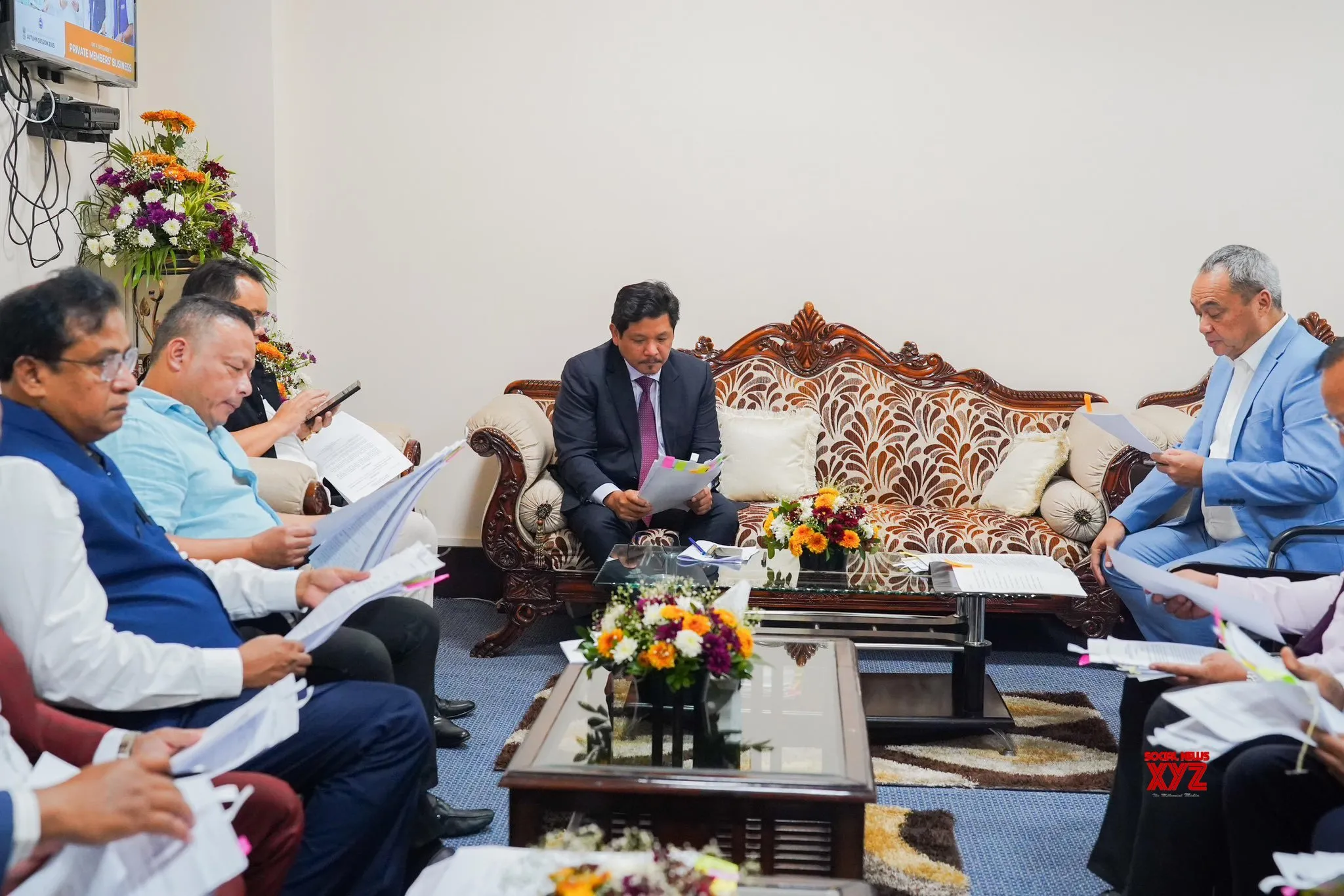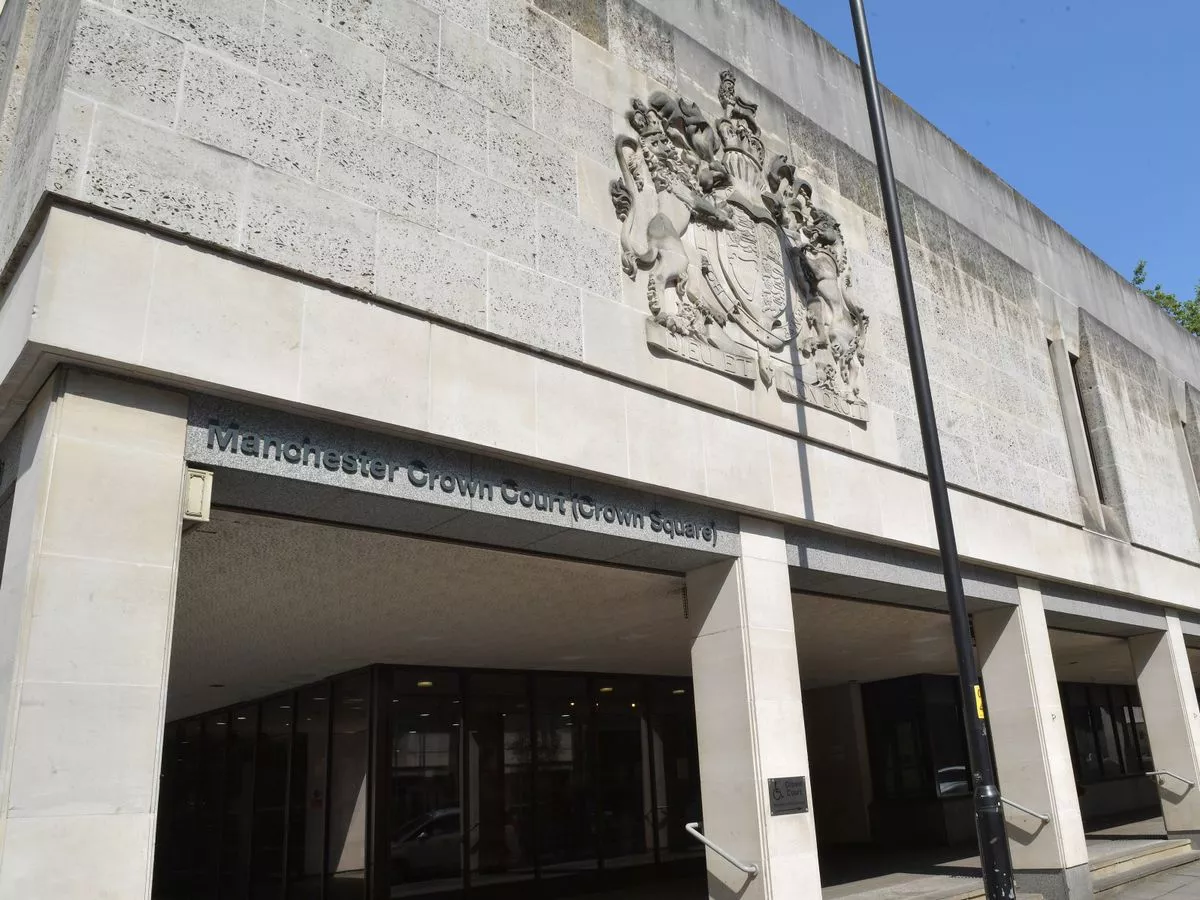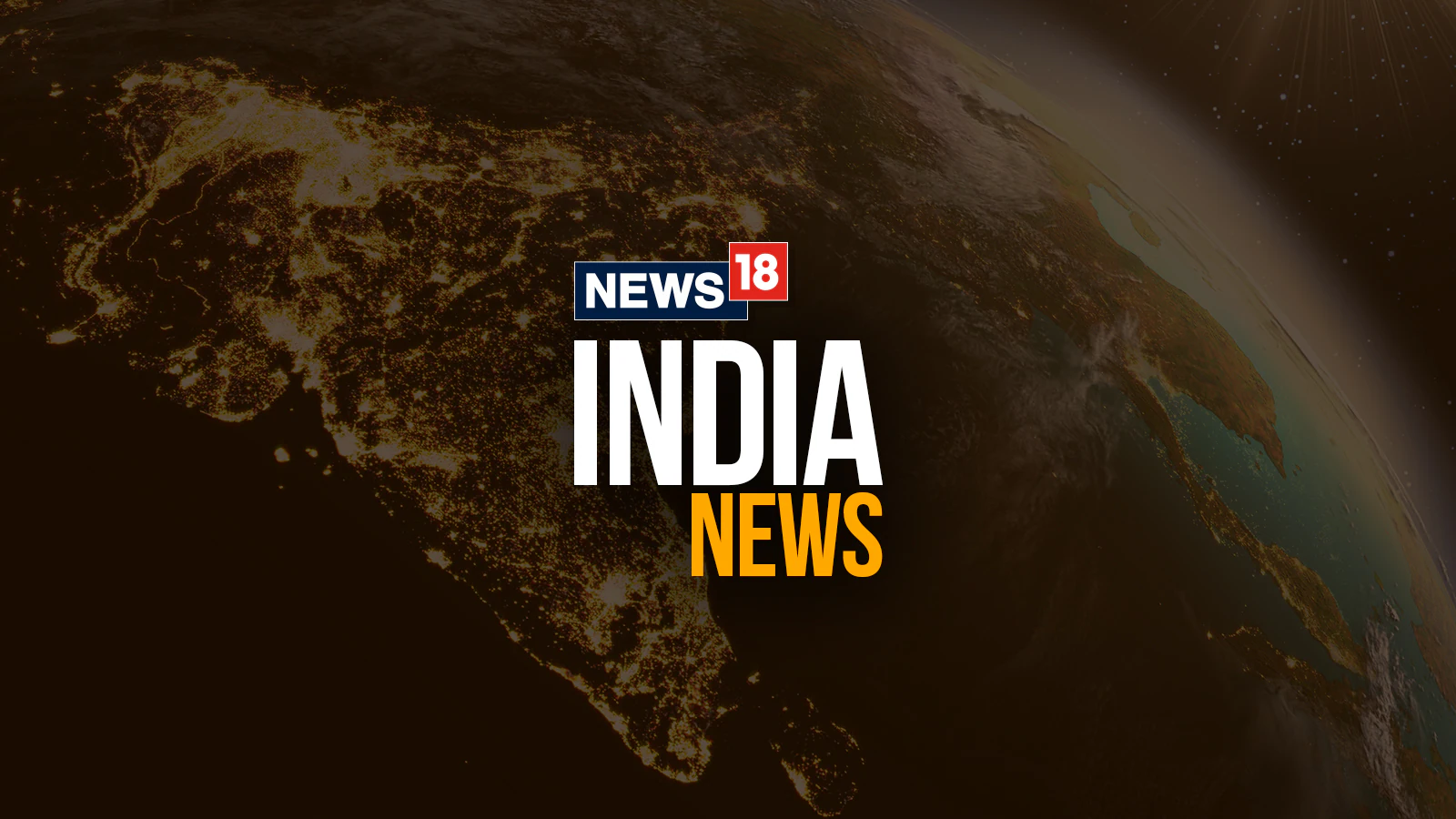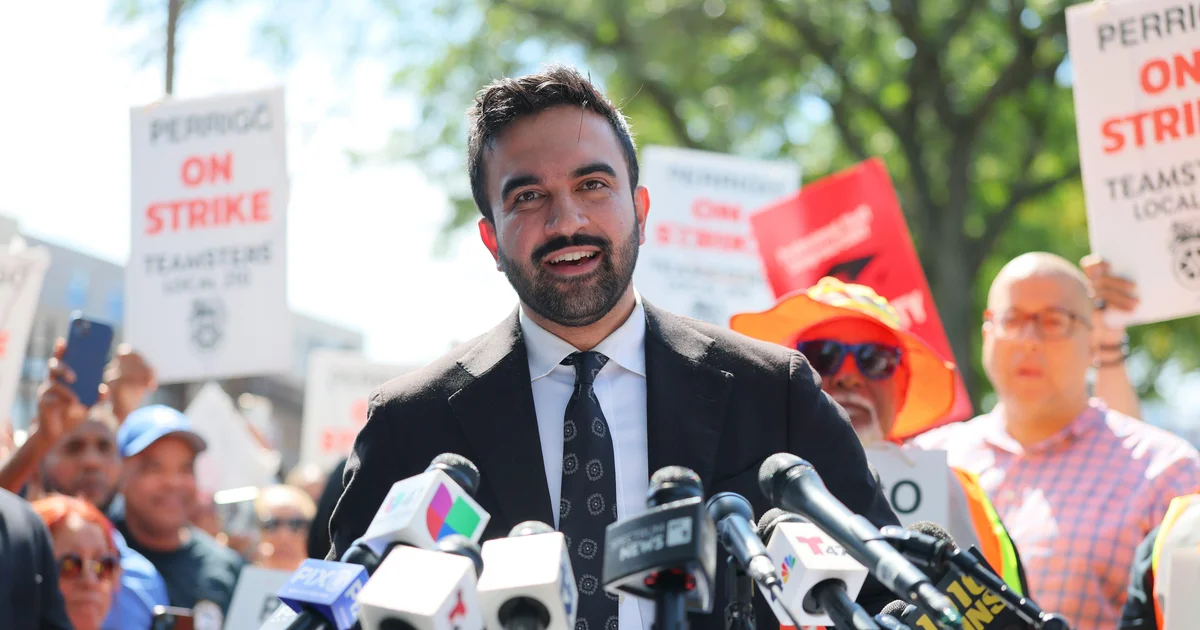By JOSEPH HING,Report 3,SPC GEM
Copyright islandsbusiness
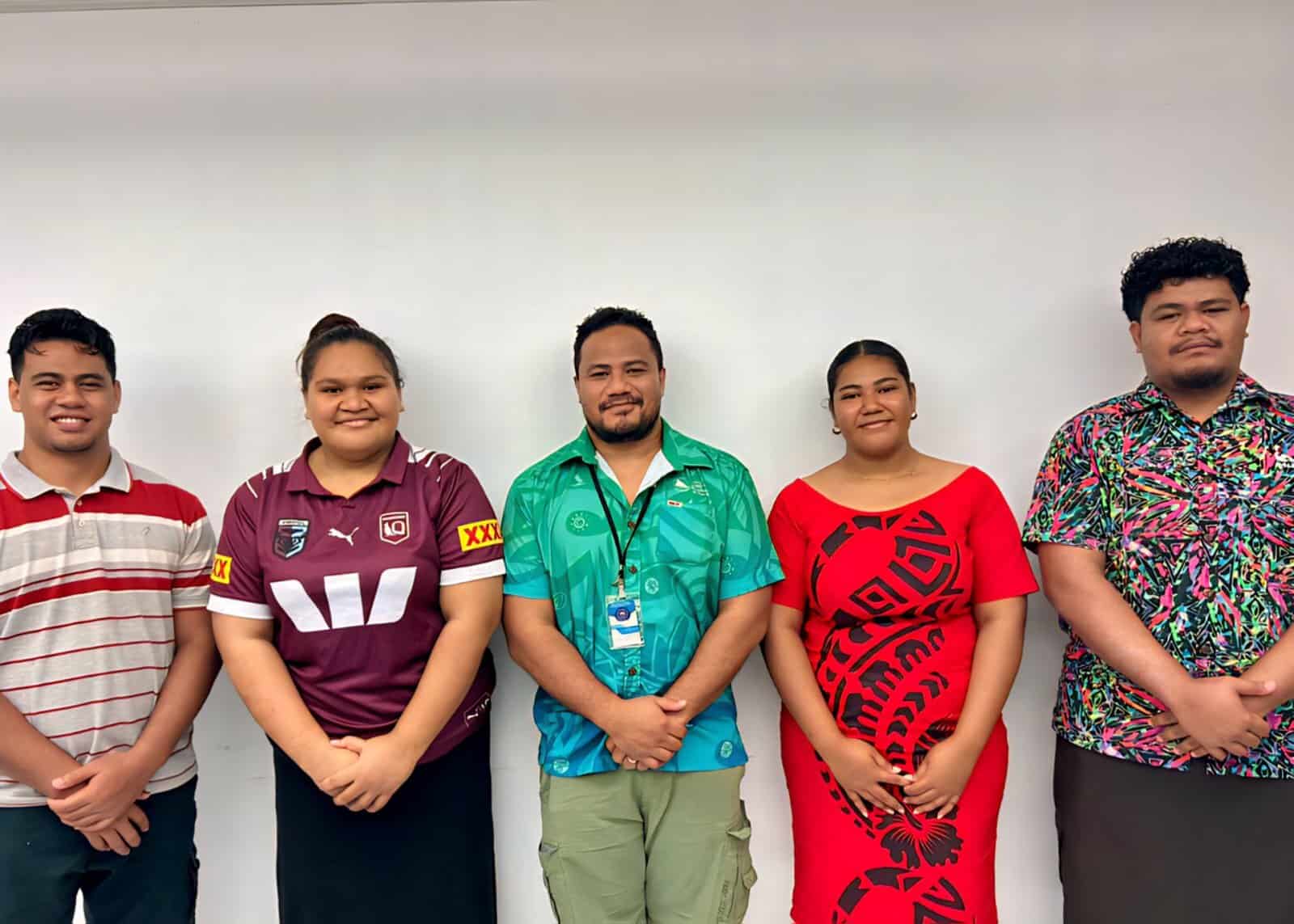
ACROSS the Pacific, young people are stepping up to learn more about how to manage waste and improve energy access in their communities. Through the Pacific Adoption of Waste to Energy Solutions (PAWES) project, students from Samoa, Papua New Guinea, Tuvalu, Solomon Islands, Fiji, and Vanuatu are gaining hands-on experience and critical knowledge in transforming waste into sustainable energy. Supported by scholarships and specialised training, these young leaders are delving into renewable energy and Waste-to-Energy (WtE) technologies, equipping themselves with the tools to drive innovation and resilience in their communities. Many are already envisioning how they can apply these solutions back home, turning learning into action for a cleaner, more energy-secure Pacific.
For 𝐋𝐮𝐬𝐢𝐚𝐚𝐬𝐨𝐩𝐞𝐬𝐢𝐨 𝐓𝐚𝐦𝐚𝐭𝐢 from Samoa, the scholarship has been a chance to learn more about her country’s renewable energy goals and how WtE can play a role. “This opportunity helps me be part of that transformation,” she says.
𝐏𝐢𝐧𝐞𝐟𝐚𝐚𝐦𝐚𝐮𝐨𝐥𝐚𝐮𝐠𝐚 𝐋𝐞𝐥𝐞𝐢𝐦𝐚𝐥𝐞𝐟𝐚𝐠𝐚 sees WtE as a way to reduce reliance on imported fuels and protect the environment. She believes that with the right support, these technologies can be adapted to suit the needs of small island nations.
𝐀𝐬𝐭𝐞𝐫𝐢𝐨𝐬 𝐌𝐢𝐜𝐡𝐚𝐞𝐥 𝐒𝐚𝐯𝐞𝐥𝐢𝐨 was inspired by a school project to learn more about sustainability. With the help of the PAWES project, he’s now studying how waste can be used as a resource and hopes to raise awareness in his community.
𝐅𝐫𝐞𝐝𝐝𝐲 𝐀𝐦𝐨𝐬 𝐋𝐚𝐤𝐞𝐫𝐚, a former engineer in Papua New Guinea’s palm oil industry, experienced firsthand how both liquid and solid waste streams could be transformed into energy. He worked on converting palm oil effluent into biogas, and using solid residues to power biomass thermal steamplants. Now, with support from the PAWES project, Freddy is applying this expertise to develop practical Waste-to-Energy solutions for Pacific communities, while contributing to local policy development for a more sustainable future.
For𝐓𝐞𝐜𝐡𝐧𝐢𝐜 𝐓𝐚𝐫𝐢𝐮, “using waste to produce energy is a smart way to help solve climate issues,” he says. The scholarship has given him the chance to study renewable energy more deeply, and gain the tools he needs to contribute to future solutions. He believes that by sharing this opportunity with other young Pacific Islanders, the region can grow its knowledge and strengthen its response to climate and waste challenges.
“Continuing to use renewable energy will provide a cleaner and healthier environment, but none of this will happen if we do not work together. Let us turn our challenges into opportunities and create a sustainable future for our islands. Together, we can truly make a difference.”
The PAWES project is funded by the ACP Innovation Fund, OACPS Research, and Innovation Programme. A programme implemented by the Organisation of African, Caribbean and Pacific States, with the financial contribution of the European Union.
The project which is led by the Pacific Community (SPC) in partnership with the Secretariat of the Pacific Regional Environmental Programme (SPREP) is helping to improve solid waste management and energy security in the region. It does this by supporting better decision-making, strengthening tertiary education and research, and encouraging practical, local solutions to environmental challenges.
The PAWES project is also helping universities and training institutions across the Pacific to offer updated courses and research in waste management and renewable energy. This is helping to build a stronger foundation for long-term change in the region.
These students are just a few examples of how the PAWES project is helping to prepare the next generation of Pacific leaders. With the right support and opportunities, they’re showing that local knowledge and innovation can go a long way in building a cleaner, more sustainable future.
